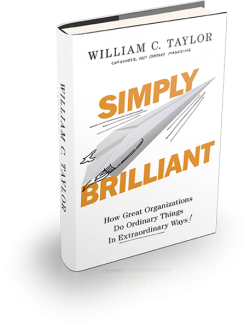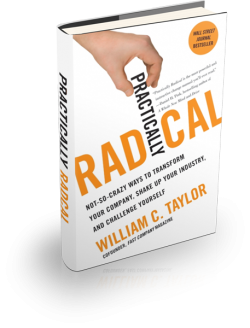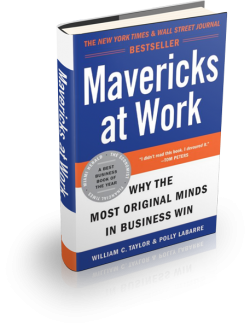One of the most perplexing features of these troubled times is that so many capable people in so many fields look so lost and ineffective. Whether it’s the stubborn inefficiencies of the health-care system, the ever-rising costs of the higher-education system, even the slow-motion collapse of the US postal system, leaders with unrivaled expertise and decades of experience can’t seem to develop creative solutions to dire problems.
Why are so many smart executives so ineffective? In my latest post for HBR, I discuss the “paradox of expertise,” the virtues of vuja dé , and all sorts of ways to find new answers to old problems. You can read the HBR piece here.



